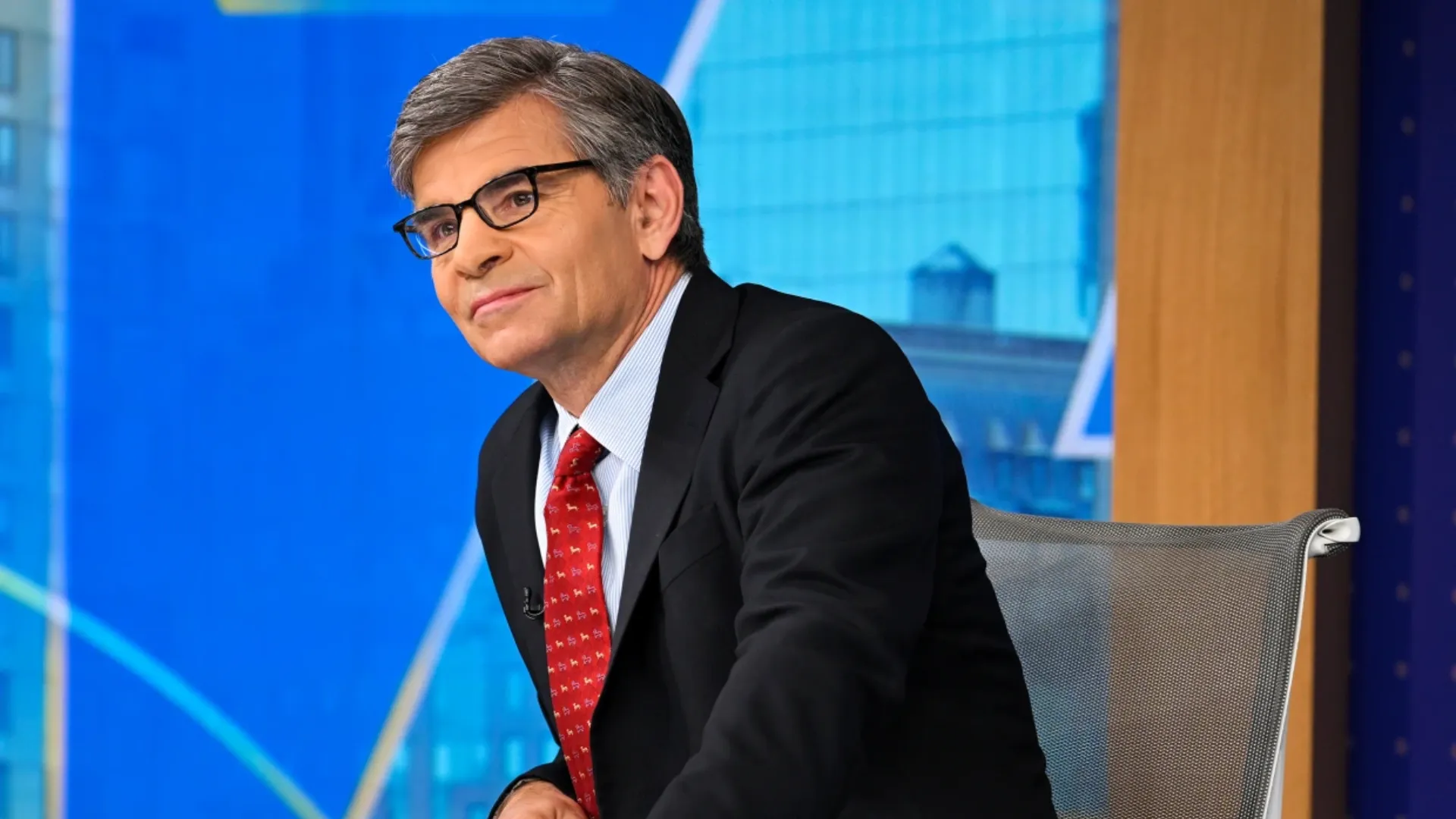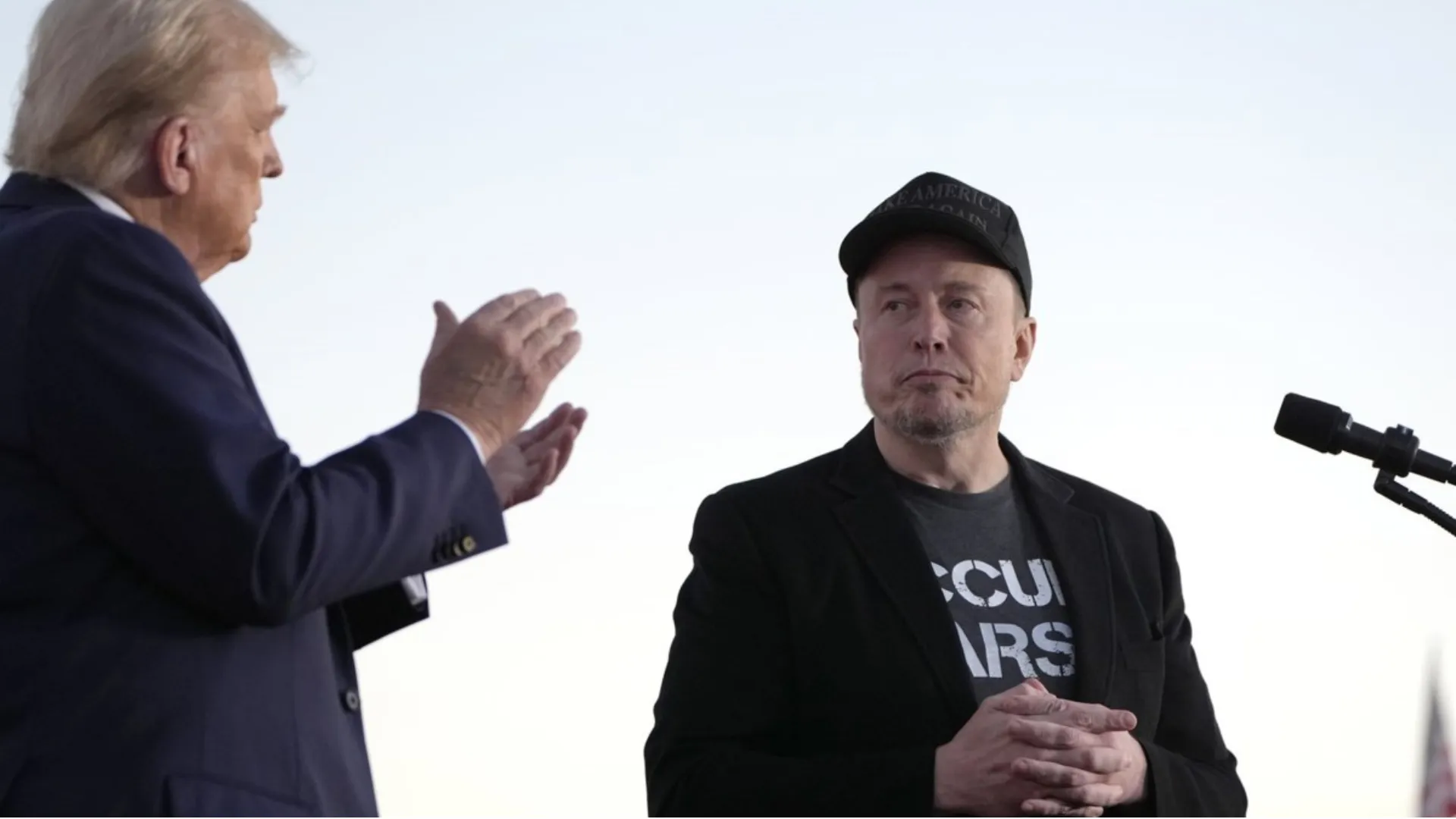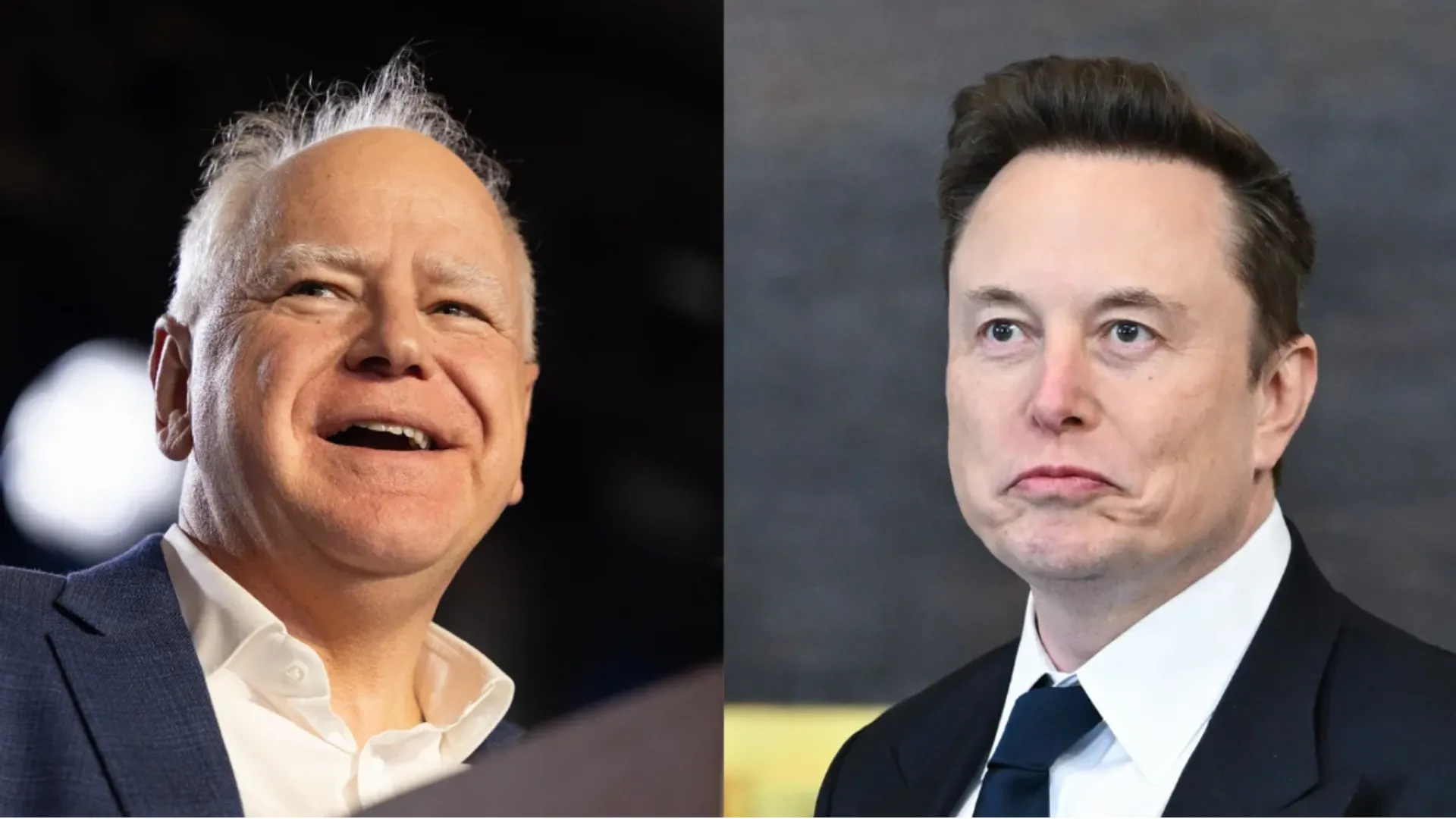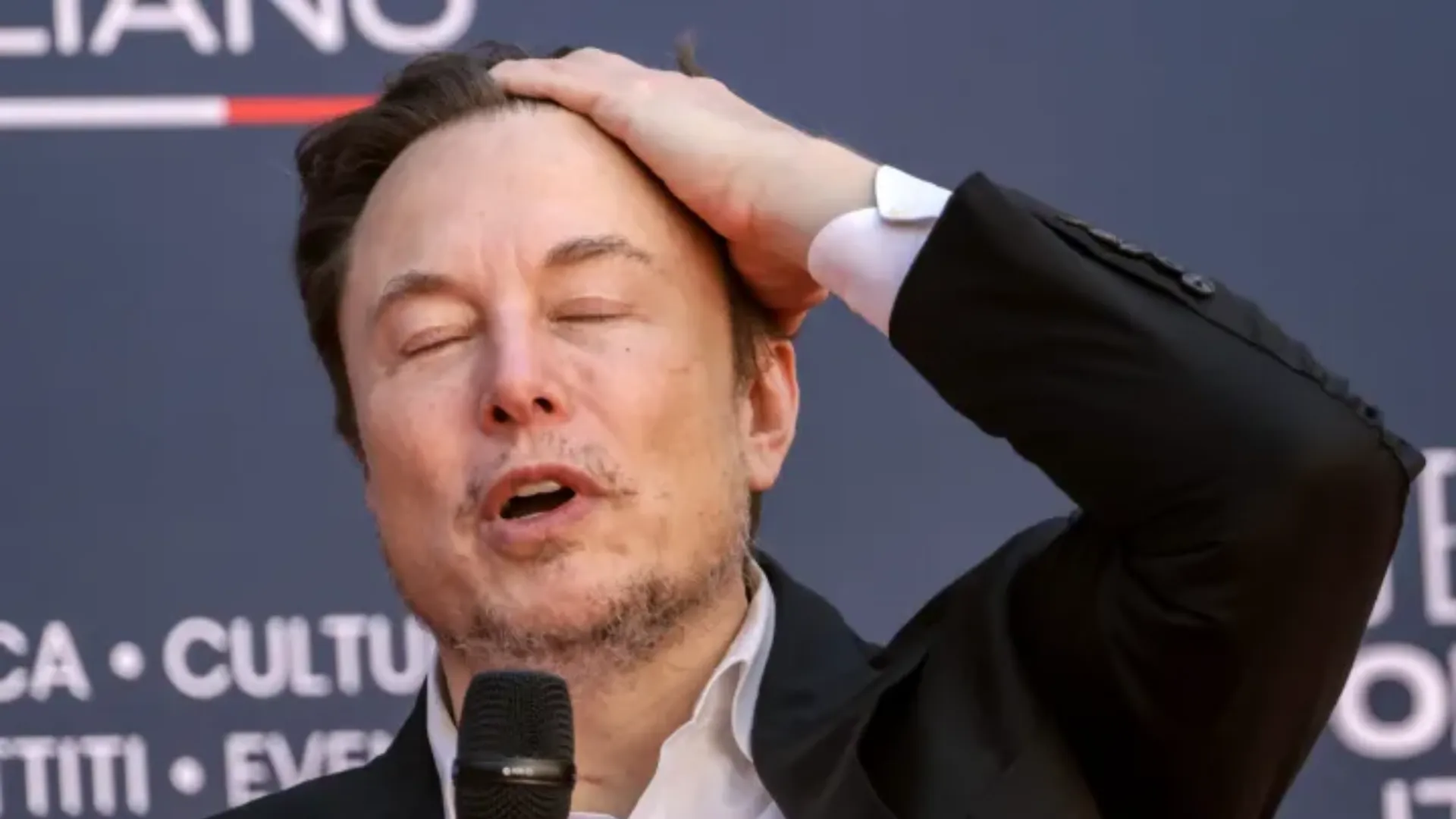
A New York judge has rejected President-elect Donald Trump’s attempt to overturn his criminal conviction in the state’s “hush money” case.
Trump argued that a recent Supreme Court ruling on presidential immunity should nullify the case, but Judge Juan Merchan ruled otherwise, stating the evidence presented involved “unofficial conduct” that falls outside the Supreme Court’s immunity protections.
Trump’s legal team contended that testimony from former White House staff, presented during the trial, violated the ruling that shields former presidents from prosecution for official acts. However, Judge Merchan noted that Trump's lawyers failed to object to the testimony during the trial and emphasized that any error was “harmless” given the “overwhelming evidence of guilt.”

This ruling keeps Trump’s conviction on record, making him the first person in American history to win the presidency after being convicted of crimes. Trump was found guilty in May of 34 felony counts related to falsifying business records to conceal $130,000 in payments to adult film star Stormy Daniels.
Michael Cohen, Trump’s former lawyer, had paid Daniels before the 2016 election to secure her silence regarding an alleged affair. Trump has consistently denied Daniels’ claims and entered a not-guilty plea.
The case has entered uncharted legal territory, as Trump’s reelection has raised new questions about whether a sitting president can face state convictions.
Trump filed another motion to dismiss the case, arguing that his return to the White House required its termination. Prosecutors, led by Manhattan District Attorney Alvin Bragg, countered that no law requires dismissing a state-level conviction simply because the defendant is elected president.

In his ruling, Judge Merchan posed a critical question: “Is a President's in-office conduct to conceal payments to an adult film actress to keep information from the public eye relating to an encounter that occurred prior to his Presidency official or unofficial?” He concluded that these actions were unofficial. Even if they were considered otherwise, Merchan added that using these acts as evidence of falsifying records “poses no danger” to the presidency itself.
Trump’s legal battle continues, as he has vowed to appeal the conviction and challenge Merchan’s ruling on presidential immunity.
The Supreme Court's earlier decision in July did provide immunity for official acts but limited its scope. Trump’s lawyers claimed the ruling should retroactively invalidate the conviction, yet Merchan firmly dismissed that argument.

The conviction stems from a plan Trump authorized to reimburse Cohen for the payment to Daniels. The falsified records, prosecutors argued, were part of an effort to mislead voters during the 2016 presidential election.
District Attorney Bragg’s office defended the case, asserting that the disputed testimony represented only “a sliver of the mountains” of evidence proving Trump’s guilt.

As Trump prepares to take office in January, the legal proceedings highlight the unprecedented circumstances surrounding his presidency.
Trump maintains his innocence, calling the case politically motivated, while his promise to appeal ensures the legal battle is far from over.



